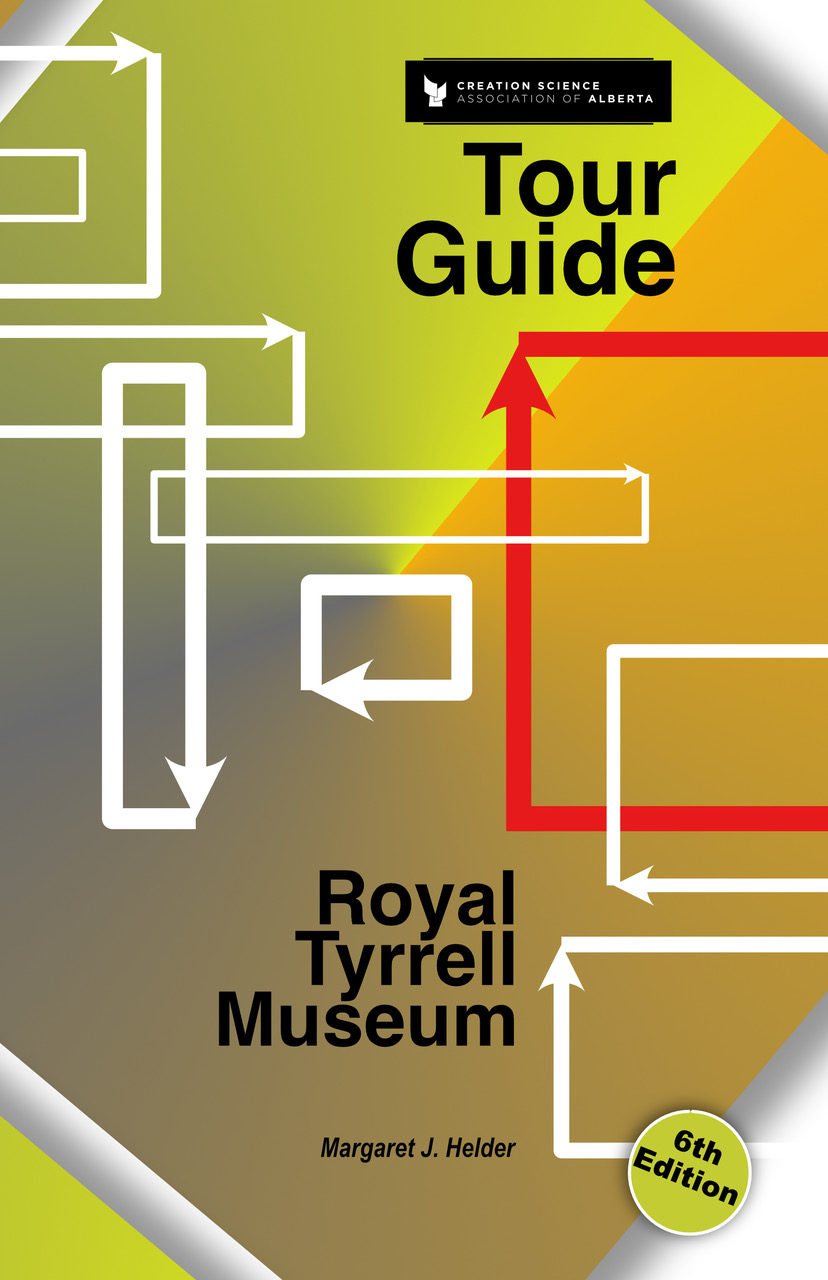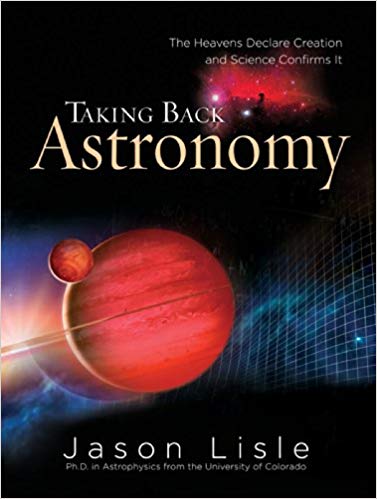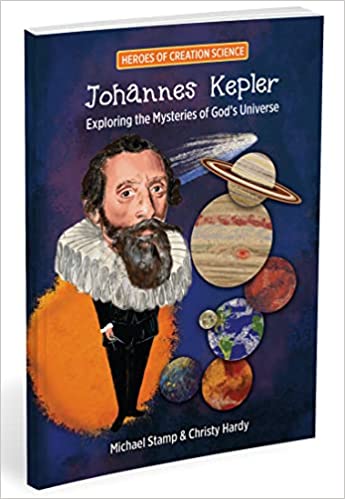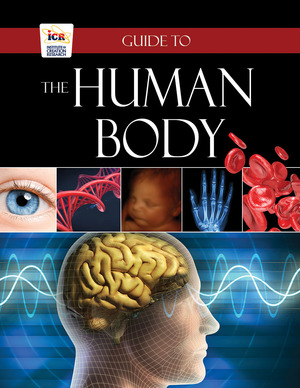Every young person in school must study science. Most people would agree that a basic understanding of the workings of the human body, or disease organisms, of weather patterns, of plant biology, local ecology, of electricity, etc. are essential to anyone’s functioning successfully in modern society. Despite the relevance of these topics, many people are uninterested or afraid of studying science. As a result, in the United States, for example, we see a relatively low proficiency in this discipline in the general population. An article in the August 15, 1997 issue of the journal Science, considers why this is so. (Gregg Easterbrook. 1997. “Science and God: A Warming Trend?” Science 277 pp. 890-893) According to the article, influential scientists themselves admit two sources of the problem. firstly many students fear that science teachers will attempt to destroy their religious faith. And secondly, science, as taught seems pointless and devoid of meaning, Who would want to pursue such uninspiring material? Not too surprisingly many Christians elect to avoid it as much as possible. The scientists quoted in Easterbrook’s article, for the most part, suggested that students can have their cake and eat it too. They can retain their religious faith while at the same time adopting the views of modern secular science. In this these scientists are wrong. Many of the conclusions of secular science are incompatible with our Christian faith. This does not however mean that Christians should avoid the study of science. Far from it. It merely means that Christians must actively develop critical thinking skills. They must learn to ask probing questions.
Sooner or later in science courses every young person encounters the topic of origins. At this point many Christians start to wonder. How does the secular scenario fit with the Bible? Did God use evolution as His method of creation, leaving everything alone after an initial set up? Or did God intervene occasionally at intervals, spaced millions of years apart, throughout long process of change? Or did God create all things as described in Genesis in six literal days? At this point every student is confronted with the temptation to support the secular position. After all, many ask, don’t objective scientists know what they are talking about? Are these professionals telling us what they see, or not? It is the important task of parents and Christian teachers to show young people that there are NO objective scientists. Everyone has starting assumptions or a faith position.
The Christian, for his/her part, professes that God exists, that He is omnipotent, omniscient and that He has communicated with us. Moreover nature is His handiwork. We see testimony to God’s work and character when we look at nature. (Psalm 19:1) The secular scientist on the other hand, maintains that one preconception is necessary to be a scientist, namely that natural explanations can be found for everything. No supernatural input will ever be evident. For example, astronomer Timothy Ferris declared in his 1997 book The Whole Shebang: a state-of-the-universe(s) report (Simon and Schuster): “Finally, in a creative universe God would betray no trace of his presence, since to do so would rob the creative forces of their independence …. And so it is; God’s language is silence.” (p. 312)
Thus while the Christian expects to see God revealed in nature, the secular individual on the other hand maintains that God will never be revealed in nature.
With different expectations, there is a big difference in questions asked and answers obtained. Suppose, for example, that a large chocolate cake sits on your kitchen table. A relative views the yummy concoction and asks how you made the cake. The only suitable response to that question, of course, is some sort of method for mixing the ingredients and baking it. Suppose however that your baking talents are minimal. A more suitable question might be “Did you make that cake?” In response to the second question, of course, you have the opportunity to reply that Mrs. X brought the cake to your house. Similarly in nature the question “How did a given phenomenon come about spontaneously?” demands a different kind of response than the question “Could that phenomenon develop spontaneously?” In the study of nature too, then, the answers obtained depend upon the questions asked.
Astronomer Robert Jastrow in his 1977 book Before the Sun Dies (W. W. Norton and Co, Inc), reviewed the starting assumptions of secular scientists: “Scientists believe that every event that takes place in the world can be explained in a rational way as a consequence of some previous event. It there is a religion in science, this statement can be regarded as its main article of faith ….” (p. 27) Not everyone however is willing to go along with this restriction of science to naturalistic hypotheses. Biologist Leonard Brand in his 1997 book Faith, Reason and Earth History: a paradigm of earth and biological origins by intelligent design (Andrews University Press) confided that “Our research only answers the questions we are willing to ask; naturalism allows only certain questions to be asked … Naturalism has a powerful biasing influence in science, in steering scientific thinking, and, in many cases, deciding what conclusions are to be reached. (pp. 60 and 61 emphasis mine)
There is a growing clamor of Christian voices raised against the secular assumption that God’s character and work are never revealed in nature. This is the focal point of Del Ratzsch’s 1996 book The Battle of Beginnings: why neither side is winning the creation-evolution debate. The author, a philosopher of science at Calvin College, dramatically declared: “If nature is not a closed, naturalistic system – that is, if reality does not respect the naturalists’ edict – then science built around that edict cannot be credited a priori with getting at truth, being self-corrective or anything of the sort.” (p. 167) Dr. Ratzsch here counters the claims of modern scientists that the way in which scientific theories are modified through the efforts of competing laboratories, means that those theories are inching closer and closer to the truth. If the wrong questions are being asked, says Dr. Ratzsch, the theories may change but none is any closer to reality than the others. All may well be wrong. Two commentators, who review Dr. Ratzsch’s book, concur with his message. They say “Methodological naturalism prejudges the shape of reality in a way that any ‘truth-seeking’ science can ill afford.” (Stephen C. Meyer and Paul A. Nelson. 1996. Getting Rid of Unfair Rules. Origins and Design. Spring issue p. 33)
One can understand how secular individuals insist on looking for explanations which involve only matter and energy. But why, Dr. Ratzsch asks, do Christians acquiesce with such a restriction on their study of nature? Many well meaning scientists who are Christian, nevertheless insist that science and religion are separate fields of inquiry. One should not expect nature and Biblical revelation to agree too closely these people believe. But why should they think this? As Dr. Ratzsch remarks “The charge that creation science is really just disguised religion is found in virtually every critical discussion of creation science. One question that immediately arises is Why should one think that this is a criticism?” (p. 171) Such a point would be valid, continues Dr. Ratzsch, only if one could prove that religious interpretations are inherently unscientific. That position cannot however be established he points out, since “It is as near a commonplace as one finds in science that the source of a theory is irrelevant to its legitimacy, status and truthfulness.” (p. 172) One cannot, in other words, reject a scientific theory simply on the basis that it was inspired by the Bible, a dream, or any other source. The merits of a theory stand or fall on how the data fit, not on the source of the idea in the first place.
The naturalistic theory which most concerns Christians, of course, is evolution. Secular scientists, with their expectation of never seeing God’s work revealed in nature, have confined themselves to such a mechanistic explanation. For example, twenty-two working biologists on the staff of the British Museum (Natural History) wrote in a letter to the journal Nature: “We have no absolute proof of the theory of evolution. What we do have is overwhelming circumstantial evidence in favour of it and as yet no better alternative. But the theory of evolution would be abandoned tomorrow if a better theory appeared.” (March 12, 1981 p. 82) The circumstantial evidence they cited is the diversity we see in nature. We are all here. But how did that happen? These scientists find their choice of answers confined to one not terribly successful explanation. If they could find a more compelling explanation, they would jump in an instant.
The wonder of the modern intellectual scene is that so many Christians have allowed themselves to be pressured into adopting secular assumptions for their study of nature. But why should Christians uncritically accept such restrictions on their thinking? The claim is sometimes heard that science tells us what happened while the Bible tells us why it happened. Such thinkers blissfully try to blend evolution theory with their faith. As one commentator remarked “Many Christians are anxious to blend the ‘findings’ of science with their Christian faith … The whole point however is that these interpretations were derived by individuals who expressly sought to exclude God from the equation. It seems a bit contrived and an insult besides, to re-insert God back into a scenario from which He has been so intentionally excluded.” (Margaret Helder. 1995. “Why Christians Ask Different Questions.” Reformed Perspective 14 #9 July/August p. 24)
So where does this leave the Christian young person who is confronted with evolution theory? The answer is not to avoid the study of science altogether. Once s/he understands that secular science is a philosophy rather than an unbiased study of nature, then that student is empowered to ask alternative questions, to seek alternative explanations and to enjoy the exhilaration of studying nature in a God-honouring context. Also it would not hurt to consult the views and works of other researchers with similar views. There are excellent books available at everything from the elementary grades to adult. For the university student interested in biology and geology, Dr. Brand’s new book is an excellent place to start.
Margaret Helder
August 1996
Subscribe to Dialogue







